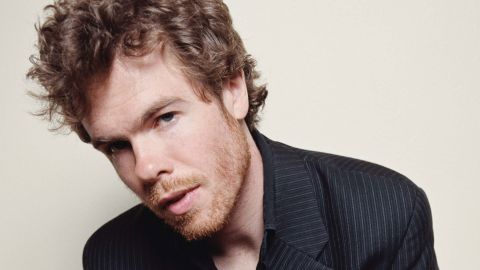How to Succeed in the Music Business (Without Selling Out)

What’s the Big Idea?
A good writer is a rich writer, and a rich writer is a good writer.
That’s how Lewis Lapham chose to memorialize Jonathan Franzen’s so-called “Oprah Gaffe,” that very public episode in which the author of The Corrections disparaged Winfrey’s literary taste. According to Franzen, appearing on her Oprah would compromise his position within “the high-art literary tradition.”
High art literary tradition? How wonderfully waspy and elitist does that sound? And, oh yeah, Franzen got rich. After The Corrections was included on Oprah’s book club, Franzen’s publisher Farrar, Straus & Giroux decided to print an additional 500,000 copies.
This all happened what seems like a lifetime ago, in 1996, before eReaders had disrupted the publishing industry, and right around the time that mp3 downloads were starting to disrupt the music industry. Josh Ritter came of age as an artist right around this time as well, and his proficiency as a writer of both fiction and music has required him to navigate the brave new world of both industries.
What’s the Significance?
So just how do artists get paid? Cents on the CD and pennies on the page–and those were the good old days. Of course, the CD and the page alike are dying mediums, and through their deaths artists have become paradoxically more empowered, and also more universally exploited, than ever before.
For instance, to make it in the music business today, one needs to be a true entrepreneur. In that sense, the music industry has in many ways come full-circle. Instead of selling CDs to an impersonal audience, an artist needs to get out and perform. And that means selling yourself. Sound demeaning? Just ask Caravaggio, who, according to Ritter, was used to sell Catholicism.
“We have the ability as artists now and as individual artists to decide where our work gets use” Ritter tells Big Think. And in an era when “no one buys music any more” tha is a very good thing. As Ritter puts it:
The only way to live and make money as a musician, very tenuously, is through touring, actually physically going to places. So when the opportunity comes for a song to be used for some situation in a comedy or for selling Crayons for instance, you know. That seems to be something that I would feel usually pretty fine about.





